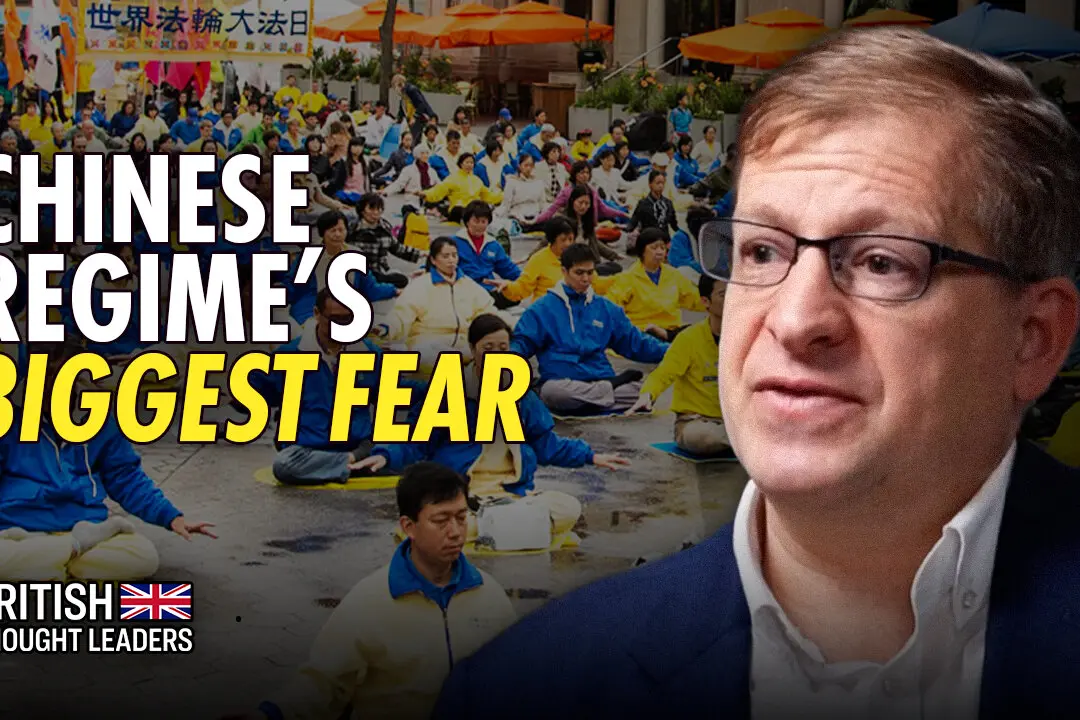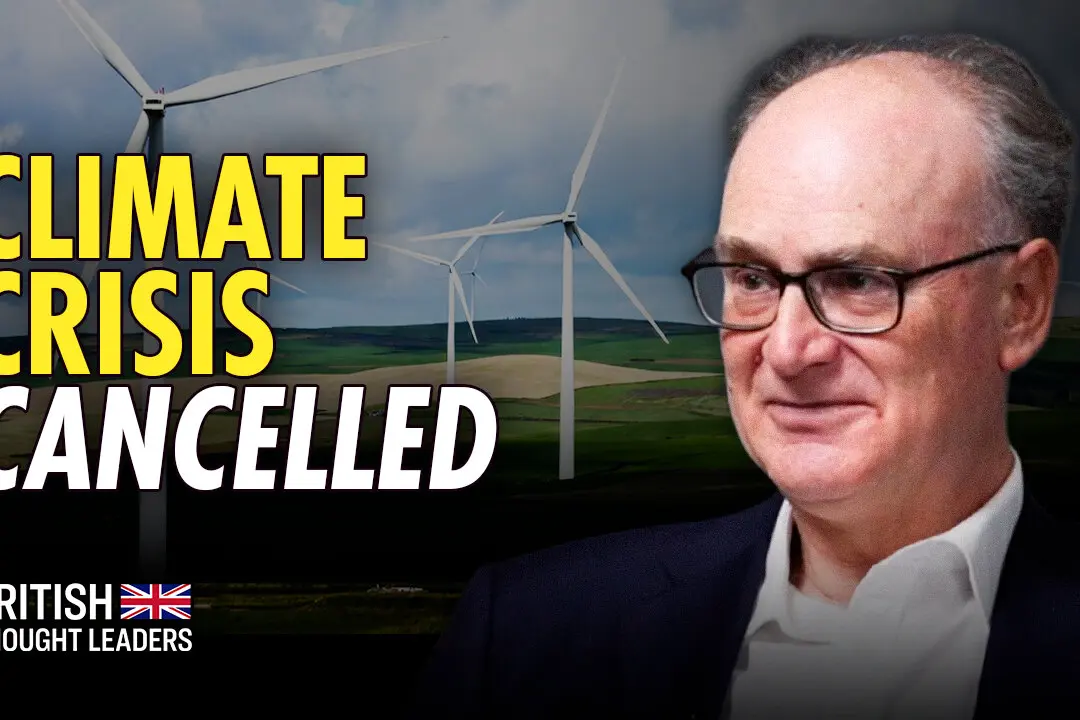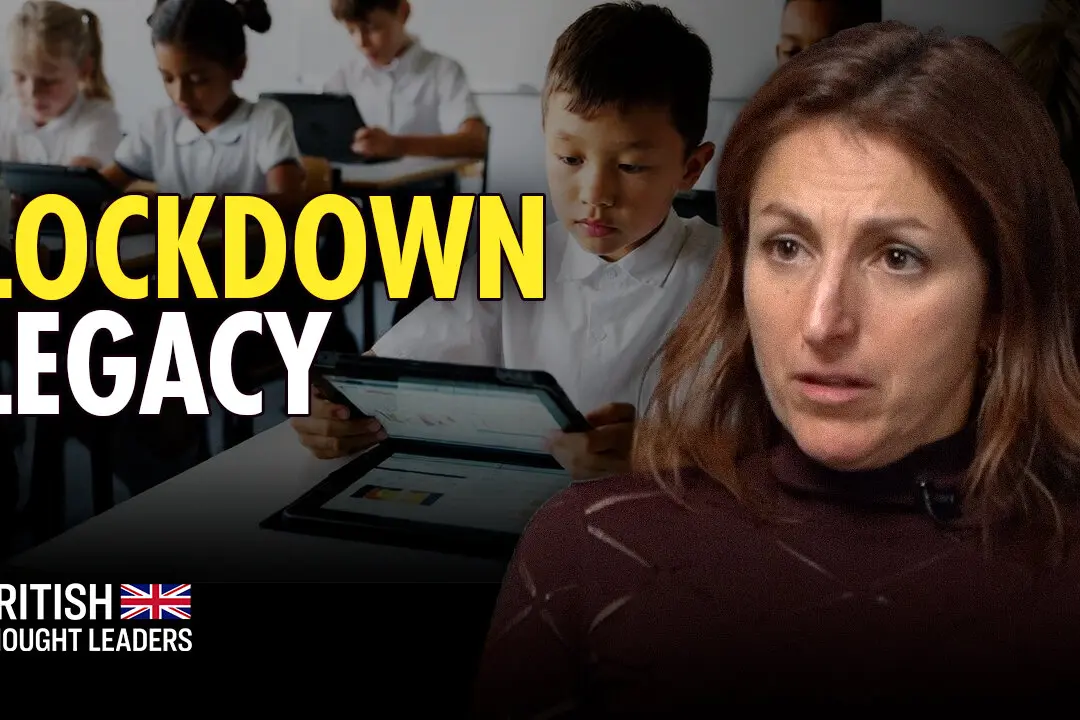An expert in artificial intelligence has warned against “ploughing ahead” with certain types of AI which could have potentially disastrous consequences for the human race.
Michael Cohen, a doctoral candidate in Engineering Science at Oxford University, said his fears were shared by Geoff Hinton, a Canadian professor often described as the “godfather of AI,” and computer scientist Yoshua Bengio.






